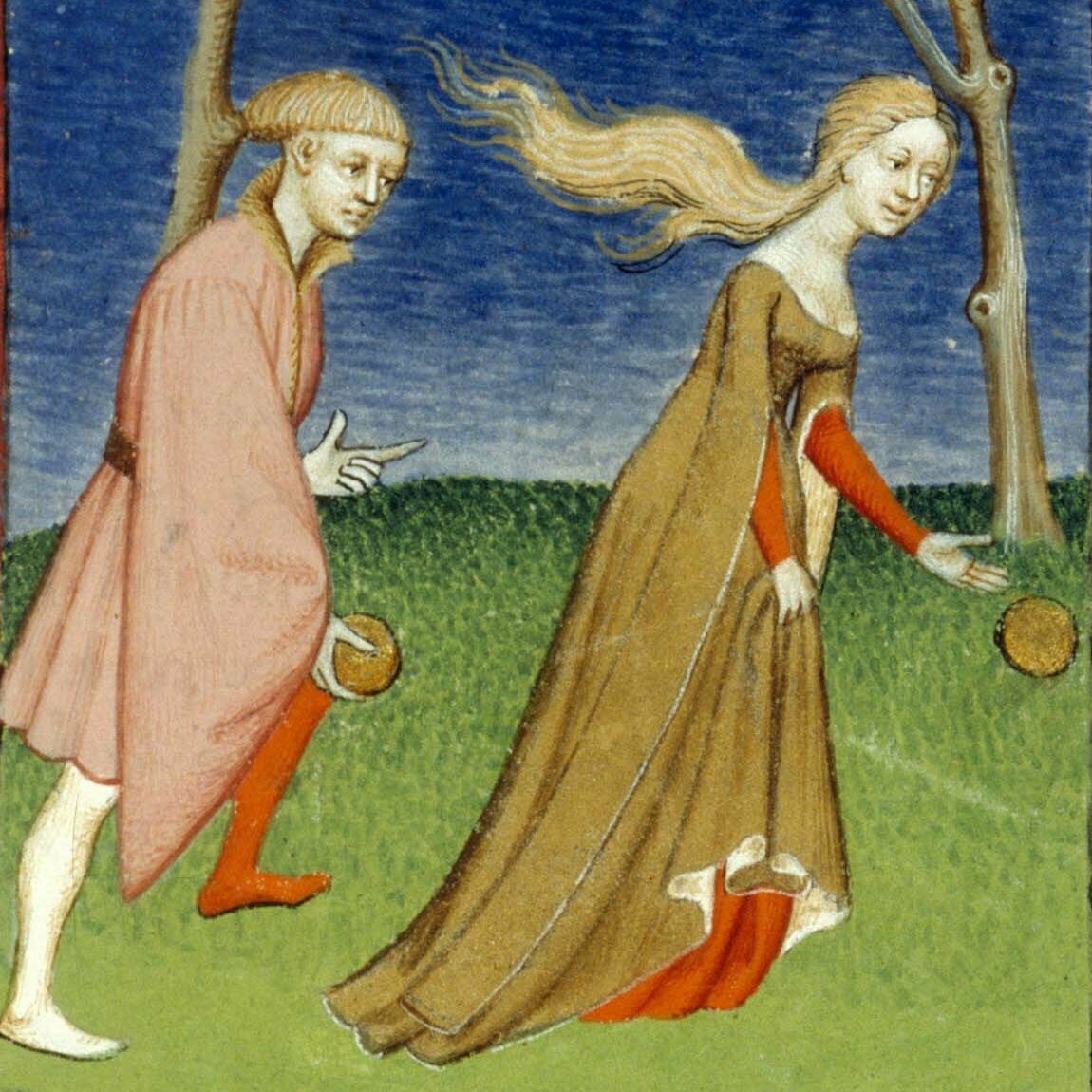 The Mythographic Sermon in Late Medieval England: Classicism, Discourse, and Clerical Identity, 1330–1450
The Mythographic Sermon in Late Medieval England: Classicism, Discourse, and Clerical Identity, 1330–1450
Bernhard Hollick
b.hollick@ghil.ac.uk
In late medieval England, the ancient pantheon awoke to new life in the pulpit. An extensive body of sermons that conveyed Christian teachings using mythical imagery, mostly taken from Ovid’s Metamorphoses, was composed between 1330 und 1450.
These texts are barely studied, not least due to an all-too-narrow research perspective, which separated them from their social, literary and discursive contexts. However, the agenda of the mythographic sermons only becomes visible against a broader historical panorama: they were not isolated, but belonged to a wider classicist literature that flourished in intellectual and cultural centres like Oxford, London, and St Albans Abbey. Classicism in England, unlike Italian humanism, did not develop in opposition to the medieval university; rather, it served as a means of cultural self-assertion of the orthodox, scholastic establishment in an age of controversies. William of Ockham, John Wyclif, Lollardy, and the Peasants' Revolt of 1381 posed a threat to the status and self-perception of the clerical elites, who answered with a campaign-like display of their own traditions of learning and writing. Because of their public character, the sermons played a key role in propagandizing clerical identity. They are not mere school products or writing exercises, but conscious and highly visible interventions into public discourse.
Based on an interdisciplinary concept of intellectual history, the project will approach the development of mythographic preaching in three steps. First, it will study the interpretation of mythical narratives in selected (mostly Latin, but occasionally also Middle English, macaronic, and Anglo-Norman) sermons, before focusing on their role in political, religious, and scholastic discourse, and then finally describing contemporary reactions to that practice. The project is of far-reaching relevance, not only because it throws light on the cultural environment of poets like Geoffrey Chaucer and John Gower, but also because it points out the meaning of the reception of antiquity for the social and intellectual changes in England at the end of the Middle Ages, thereby illustrating the dynamics that culminated in Renaissance culture in the British Isles.
This project is funded by the Deutsche Forschungsgemeinschaft.